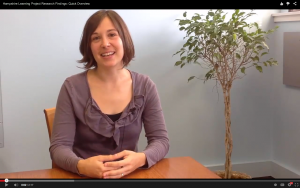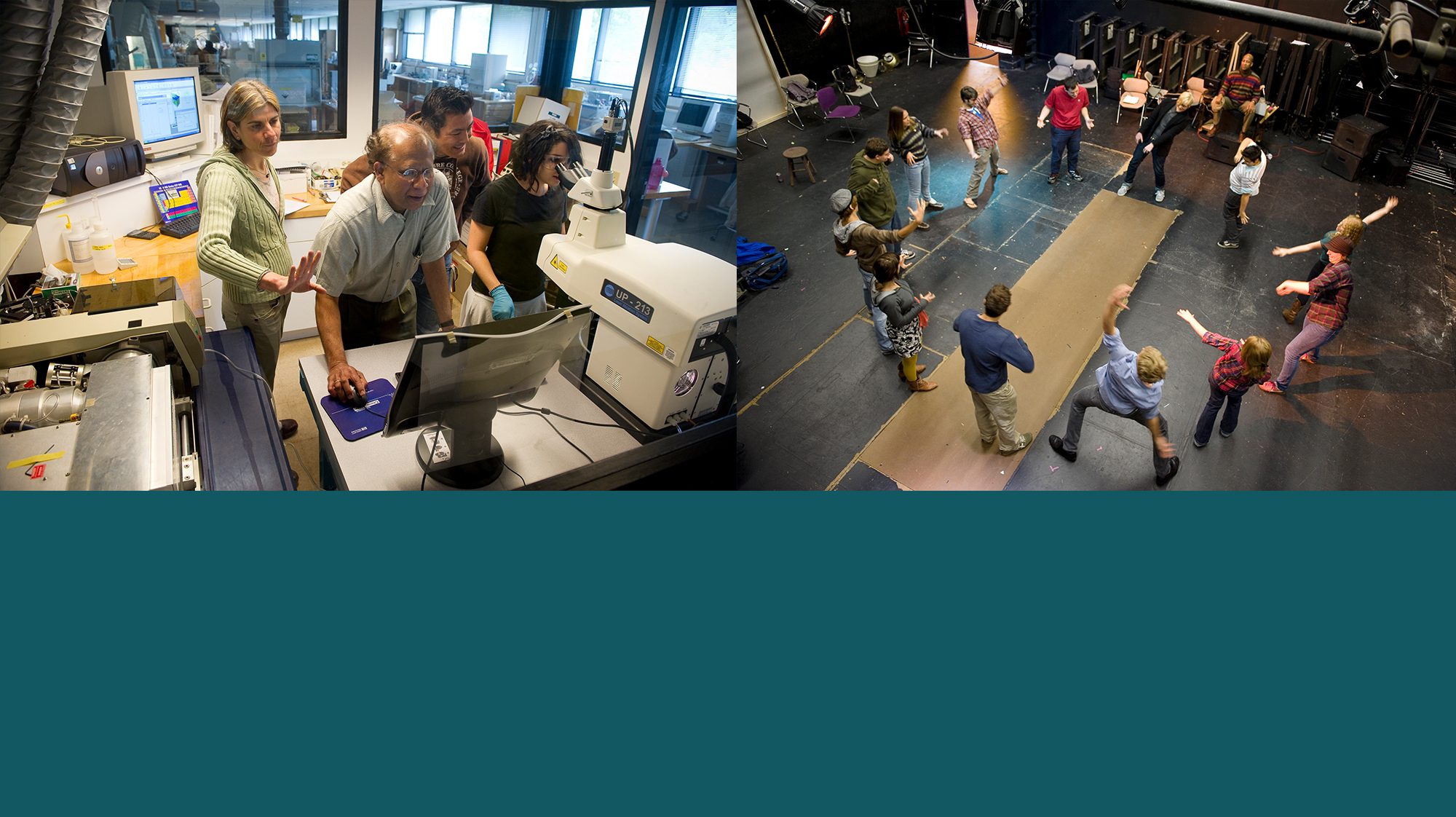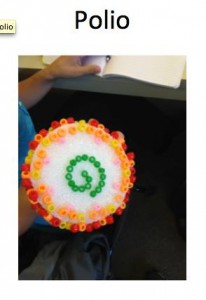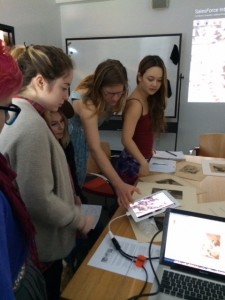 The Hampshire Learning Project (HLP) is an internally funded research project designed to determine the ways that the Hampshire experience contributes to students’ initiative, creativity, appetite for ongoing learning, and desire to contribute to society.
The Hampshire Learning Project (HLP) is an internally funded research project designed to determine the ways that the Hampshire experience contributes to students’ initiative, creativity, appetite for ongoing learning, and desire to contribute to society.
The Hampshire Learning Project has created a short video series to present some of our recent research findings to faculty, staff, and other members of the campus community. The series includes a two-minute overview video and four in-depth videos on important themes that have emerged: 1) advising, 2) critical reflection, 3) intellectual community, and 4) outside-of-classroom experiences.
If you have practices that support students along these dimensions (e.g. creating intellectual communities through cohort advising; reflecting on learning each semester, etc.), consider making a short video on your practice to share. Contact the CTL at ctl@hampshire.edu to schedule your video production.





